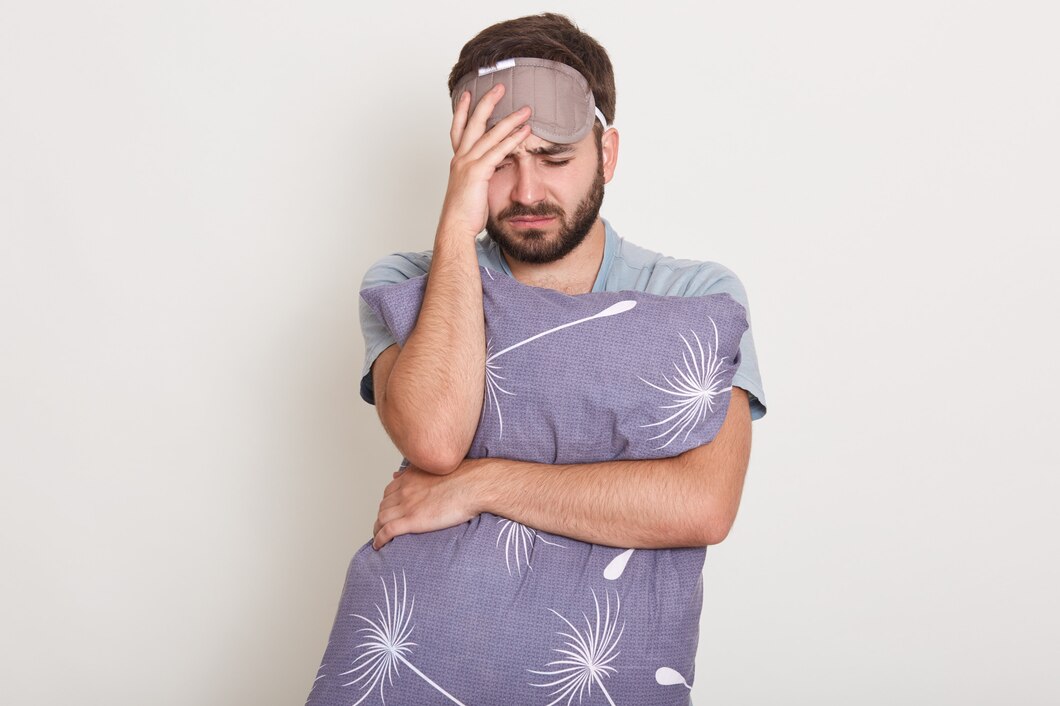After being diagnosed with cancer, the first thing a doctor does is chemotherapy. Chemotherapy is a powerful and common kind of cancer treatment. However, it does many more things than getting rid of cancer alone. These drugs are very powerful and they can kill the growing cancer cells but can harm the healthy cells. They may cause several side effects also. The seriousness of the side effects depends on your age, health, and the kind of chemotherapy you take. Some side effects go after the treatment ends while some continue after chemotherapy has ended.
Illness and weak immune system
Chemotherapy can weaken your immune system. As it kills the healthy immune cells, a person can become more vulnerable to infection. As your immune system will not be able to fight germs properly, infections will last longer.
Hair loss
Chemotherapy damage hair follicles resulting in the hair becoming brittle, weaken, and fall out. The hair that will regrow will be of a different color and much thinner. This pattern continues until it ends. 65 percent of individuals who receive chemotherapy go through hair loss. There is no particular treatment that can guarantee the prevention of hair loss; however, proper hair care can lower hair loss and it promotes hair regrowth post-treatment.
Bleeding and bruising easily
Chemotherapy causes a person to bleed or bruise more easily. People experiencing chemotherapy go through side effects. Bleeding after a serious injury is dangerous. It is always a good idea to take precautionary measures. You should take proactive steps to minimize falls and reduce injury risks.
Also read: It’s time to choose a health plan during open enrollment
Nausea and vomiting
Vomiting and nausea appear suddenly after every chemotherapy session. Dietary changes including avoiding a few foods or eating smaller meals can help. Anti-vomiting and anti-nausea drugs are helpful after chemotherapy.
Breathing trouble
Chemotherapy may damage the lungs of a person and reduce the capacity of the lungs that makes it difficult to receive the oxygen that they require. Breathing issues are a side effect for certain kinds of cancer. Breathing deeply, remaining calm, sitting down, and elevating your upper body with pillows can be of help. Doctors can prescribe oxygen therapy or medication if there are constant breathing problems.
Heart
Chemo drugs may damage your heart cells. It can enhance your heart problems such as weakening your heart muscle, problems related to your heart rhythm, and heart attack.
Weight
Some kinds of chemo may make you add additional pounds. The weight shall stay on even after your treatment ends. Some drugs, which treat breast cancer may result in fat gain and lose muscle. You can work with a nutritionist or a dietitian to a workout routine so that you can shed a few pounds.
Digestive system
A common side effect is a digestion. Mouth sores and dry mouth formed on the lips, tongue, throat, and gums make it difficult to swallow and chew. Mouth sores make you susceptible to infection and bleeding. Foods can taste unpleasant or unusual thus leading to weight loss.




